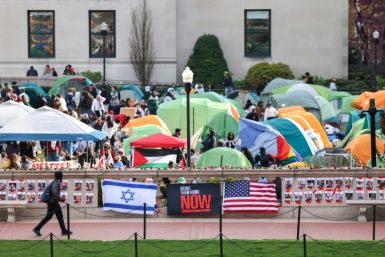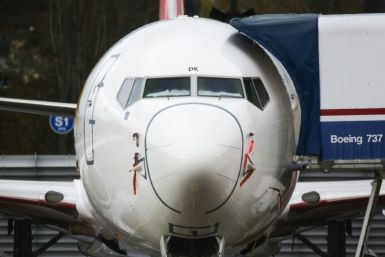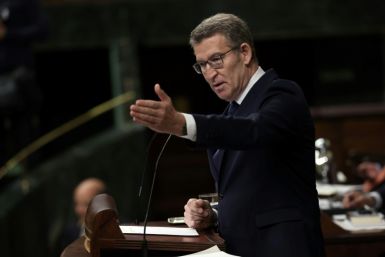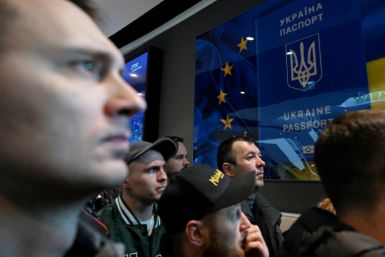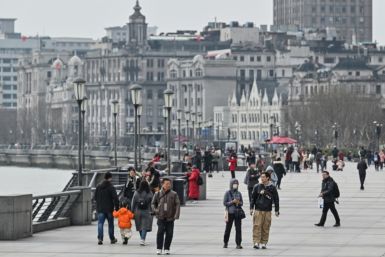Sri Lanka PM Ranil Wickremesinghe Claims Australia Quiet On Human Rights Abuses in Sri Lanka In Exchange For Asylum Deal
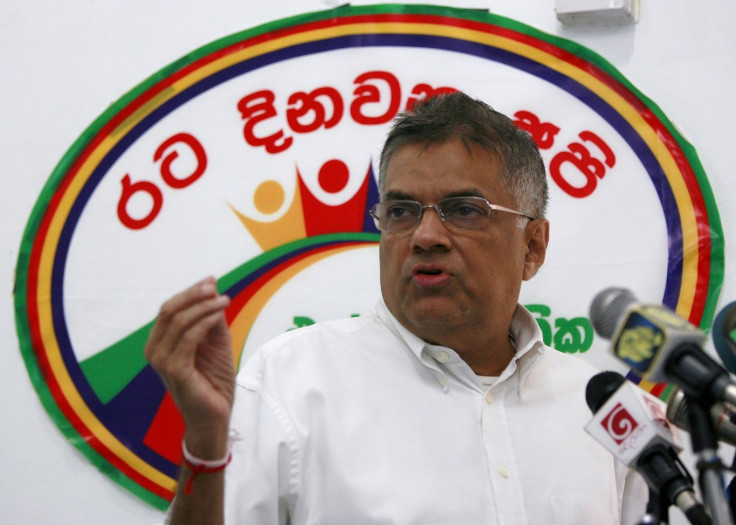
The new prime minister of Sri Lankan has claimed the Australian government agreed to keep silent on Sri Lanka’s poor human rights records in exchange for its cooperation on stopping asylum-seekers from entering the country. Ranil Wickremesinghe made the stunning allegation in an interview, in which he claimed the former president Mahinda Rajapaksa and Australian Prime Minsiter Tony Abbott made the deal in 2014.
Speaking to the Australian, Mr Wickremesinghe alleged Mr Rajapaksa agreed to help in stopping boats carrying asylum seekers to leave for Australia if Mr Abbott agreed not to criticise the country on its alleged human rights abuses. “People connected to the previous government” also had taken part in people-smuggling operations.
“It was being done by people with Rajapaksa connections, but once this deal was done between Australia and the Rajapaksa government, where you looked the other way, then secretary of defence got the navy to patrol,” Mr Wickremesinghe told the paper. “You could not have got anyone out of this country without someone in the security system looking the other way, the police or the navy.”
The United National Front leader also said Mr Abbott and Mr Rajapaksa’s close relationship was “a mystery” to Sri Lankans. Mr Wickremesinghe said that while he is not against the Australian government, he warned that it would not find that the new Sri Lankan government receptive to making a similar deal. He also criticised the Australian PM for turning a blind eye to human rights abuses.
“When human rights were being trampled, and democracy was at bay, these countries were silent. That is an issue for Sri Lanka,” the Sri Lankan PM, who occupied the role for the third time in January, charged.
In 2013, Australia began sending asylum-seekers arriving on boats to its offshore camps on Manus Island and Nauru in Papua New Guinea. Most of the asylum-seekers that have made it to the country were from Indonesia, but 120 left from Sri Lanka in 2012. Sri Lanka claimed that the asylum-seekers are mostly economic migrants, but human rights groups said that they are Tamils seeking asylum to escape the violence and rape they suffer at the hands of the military.
Sri Lanka’s previous government rejected the United Nation’s inquiry into claims that up to 40,000 ethnic Tamil civilians were killed under the ex-president’s regime in the final months of the 26-year civil war in the country ending in 2009.
Mr Abbott’s office did not immediately respond to a request for comment about Mr Wickremesinghe’s claim.


